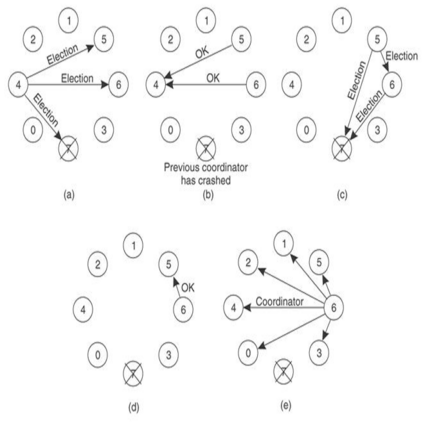Secure key leasing (SKL) enables the holder of a secret key for a cryptographic function to temporarily lease the key using quantum information. Later, the recipient can produce a deletion certificate, which proves that they no longer have access to the secret key. The security guarantee ensures that even a malicious recipient cannot continue to evaluate the function, after producing a valid deletion certificate. Most prior work considers an adversarial recipient that obtains a single leased key, which is insufficient for many applications. In the more realistic collusion-resistant setting, security must hold even when polynomially many keys are leased (and subsequently deleted). However, achieving collusion-resistant SKL from standard assumptions remains poorly understood, especially for functionalities beyond decryption. We improve upon this situation by introducing new pathways for constructing collusion-resistant SKL. Our main contributions are as follows: - A generalization of quantum-secure collusion-resistant traitor tracing called multi-level traitor tracing (MLTT), and a compiler that transforms an MLTT scheme for a primitive X into a collusion-resistant SKL scheme for primitive X. - The first bounded collusion-resistant SKL scheme for PRFs, assuming LWE. - A compiler that upgrades any single-key secure SKL scheme for digital signatures into one with unbounded collusion-resistance, assuming OWFs. - A compiler that upgrades collusion-resistant SKL schemes with classical certificates to ones having verification-query resilience, assuming OWFs.
翻译:暂无翻译





